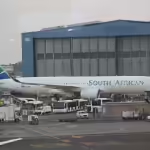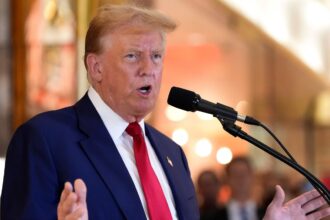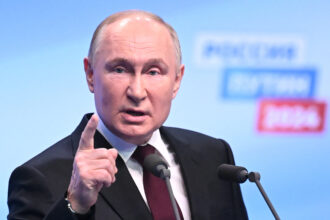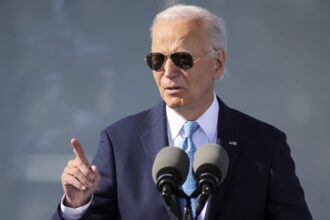In a recent statement, General Herbert Raymond McMaster, former National Security Advisor to President Donald Trump, expressed that US President Joe Biden’s approach prior to the Russian invasion of Ukraine may have inadvertently signaled an open door for Russian President Vladimir Putin’s aggressive actions. McMaster pointed to statements made by Biden before the conflict, which he argues could have led Moscow to interpret a lack of resistance from the United States.
General McMaster explained, “In a sense, Joe Biden gave the green light to the Russian invasion. Anyway, Putin understood it this way.” McMaster went on to reference Biden’s response to the early days of the invasion, when Washington reportedly offered to evacuate Ukrainian President Volodymyr Zelensky. Zelensky famously refused, saying, “I need ammunition, not a ride,” which became a symbol of Ukraine’s determination to resist.
Alain Bauer, a professor of criminology, also weighed in on the issue, stating, “Terrorists always say what they are going to do, dictators always do what they say.” Bauer argued that Biden’s language may have seemed ambiguous to Moscow, leaving room for misinterpretation. According to Bauer, Biden’s pre-conflict statement, “I will not send a soldier to Ukraine,” could have led the Kremlin to assume a passive response from the US, potentially acting as a perceived green light for military action.
The Biden administration has firmly supported Ukraine’s defense since the invasion, providing billions of dollars in military aid and rallying international allies. However, these recent remarks from McMaster and Bauer underscore the impact of strategic communication and messaging in global diplomacy, especially when dealing with unpredictable adversaries like Putin.










